Yiyin Erin Chen, MD, PhD

Dr. Chen’s research aims to harness a common skin-colonizing bacterium, present on all our skin, to train the immune system to attack cancer without causing infection or inflammation. This process is known to occur—notably, across an intact skin barrier—but its mechanism is not well understood. Dr. Chen is investigating which skin cells sense these bacteria and transmit the signal to immune cells, and why the immune cells that respond are so effective at killing cancer. Ultimately, she intends to develop a new type of cancer vaccine using engineered skin bacteria to activate immune cells to effectively target and destroy tumors. While the project’s current focus is melanoma, the goal is to apply this therapeutic approach across cancer types.
Sydney M. Shaffer, MD, PhD
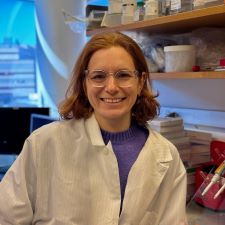
Normal tissues naturally weed out harmful cells to prevent cancer. But when cancer develops, this defense system breaks down, allowing the cancer to attack healthy cells for its own growth. The Shaffer lab is set to explore this process, called cell competition, in esophageal cancer. By employing precise tracking and advanced spatial analysis, Dr. Shaffer [Bakewell Foundation Innovator] aims to reveal how cell competition contributes to cancer development and how it might be harnessed to prevent it. The goal of her research is to pioneer early intervention therapies to halt cancer in its tracks.
Meghan A. Morrissey, PhD
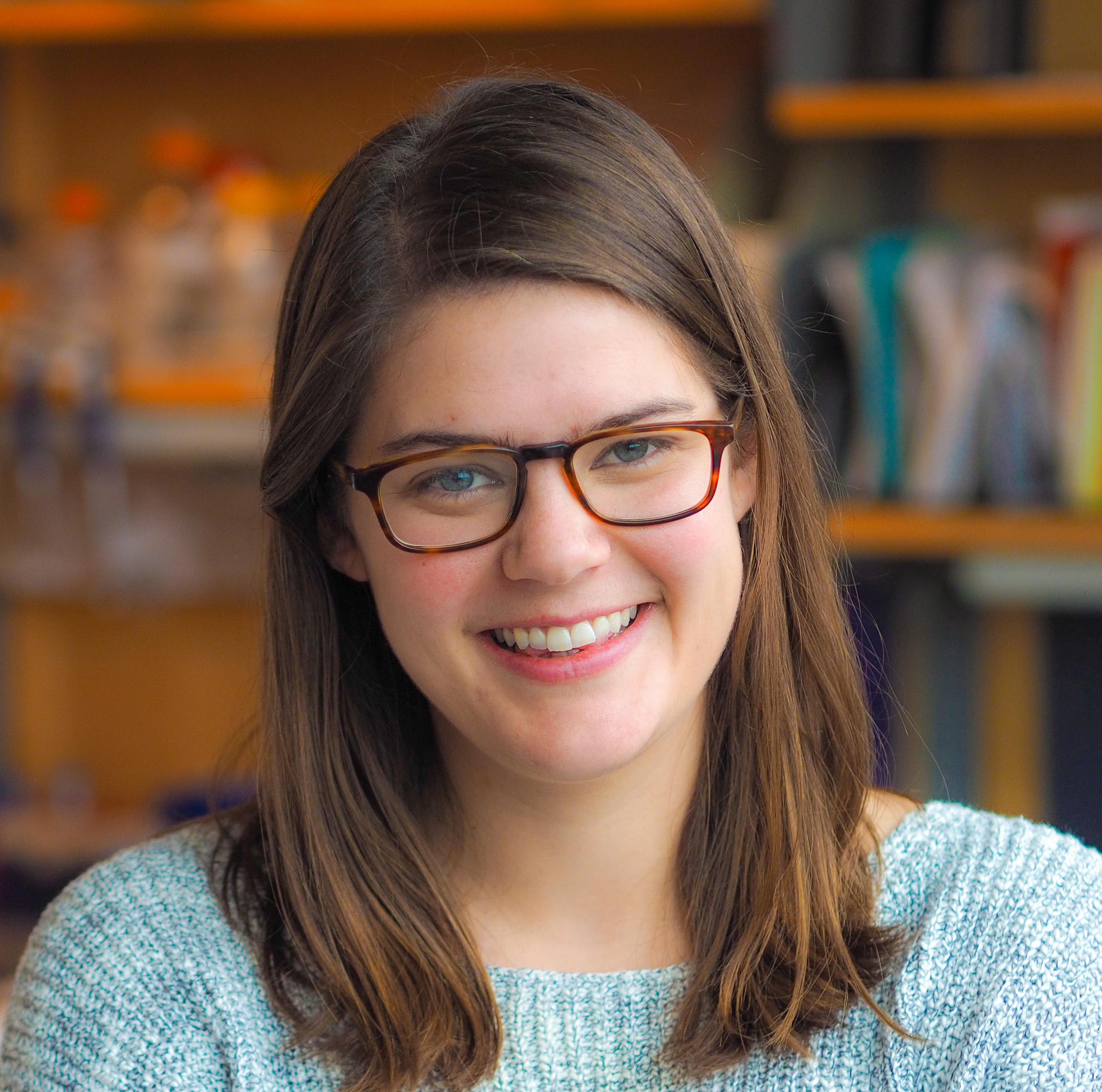
Certain immunotherapies work by instructing macrophages, a type of innate immune cell, to attack the tumor by phagocytosing, or eating cancer cells. However, macrophages rarely eat an entire cancer cell within a solid tumor. Instead, they nibble pieces off the cancer cell, a process called trogocytosis. While phagocytosis kills the cancer cell, trogocytosis usually doesn’t – and worse, nibbling removes the markers on the cancer cell that allow the immune system to recognize it as a threat. Dr. Morrissey is studying why some cancer cells die after being nibbled while others survive, with the goal of making macrophage-activating immunotherapies more effective. Specifically, she is studying Her2-positive breast and ovarian cancers, as it has been shown that Her2 immunotherapies cause trogocytosis instead of phagocytosis. This research could enhance any immunotherapy that is designed to activate macrophage phagocytosis, improving treatment of diverse cancers like lung cancer, lymphoma, and glioblastoma.
Mark Yarmarkovich, PhD
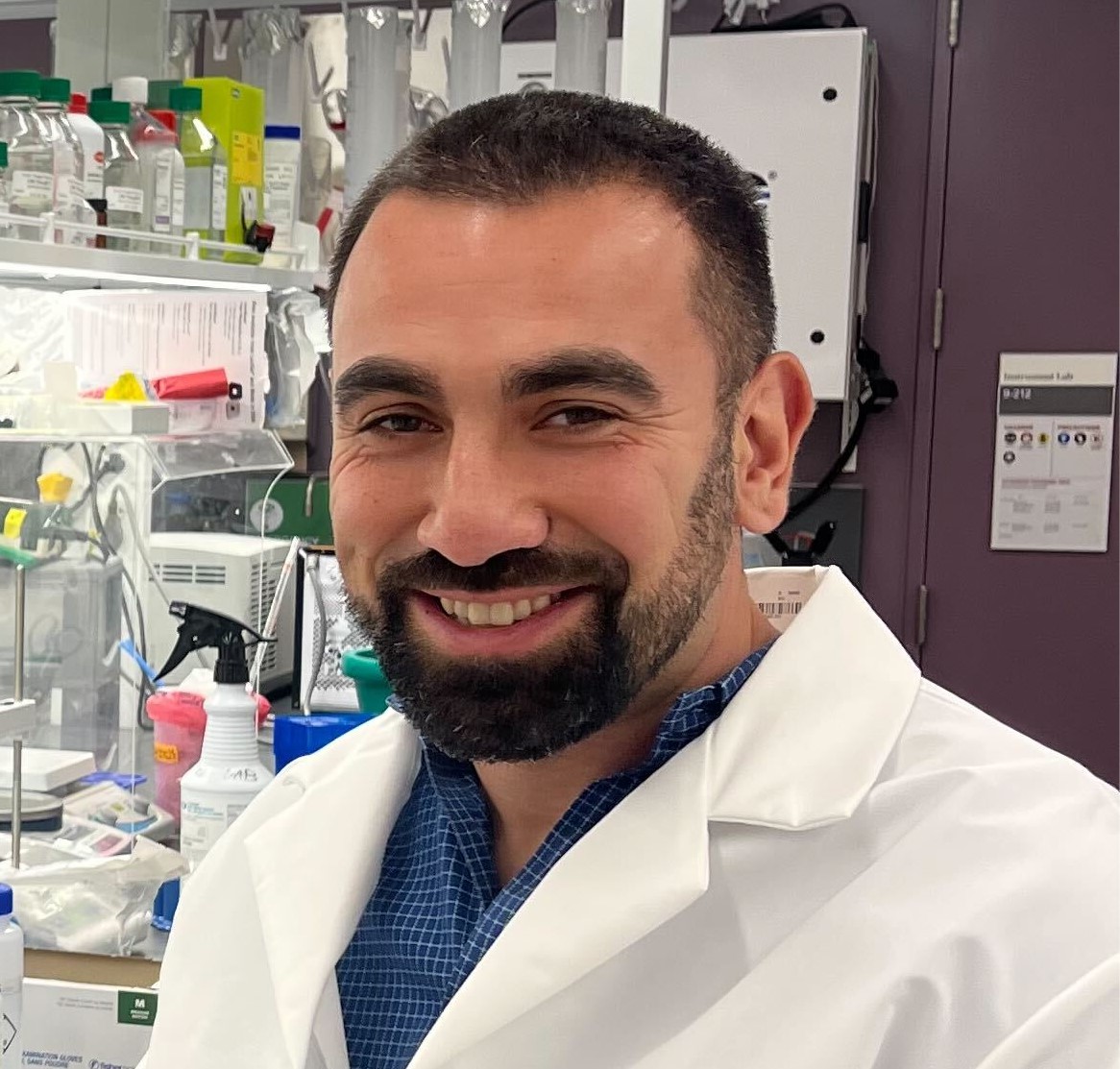
CAR T cells, or genetically engineered immune cells, have transformed the treatment of cancer in recent years, achieving cures for many patients who previously faced terminal diagnoses. Despite the remarkable impact that CARs have had on patients and families, however, fewer than 5% of cancer patients currently benefit from these therapies. A major barrier to broader CAR applications lies in the identification of tumor-specific targets: only ~0.00000001% of the cell surface distinguishes tumor cells from healthy cells. To date, CARs have targeted molecules on the surface of tumor cells, but the majority of tumor-specific molecules reside within the cell, where they are inaccessible to conventional CARs. Dr. Yarmarkovich’s team has pioneered a new class of CAR T cells that are able to target key drivers of cancer. These CARs completely eradicate aggressive tumors in preclinical testing and are entering the clinic in 2025. Encouraged by this success, he has proposed three new strategies to comprehensively map the landscape of subtle molecular differences that distinguish tumor cells from healthy cells. He will map the “known unknowns” using cutting-edge technologies for characterizing the surface of tumor cells, as well as the “unknown unknowns” by harnessing the immune system’s intrinsic capacity for identifying foreign targets. The goal of this study is to significantly expand the landscape of actionable immunotherapy targets, paving the way for curative therapies that benefit a much larger population of cancer patients.
Justin Perry, PhD
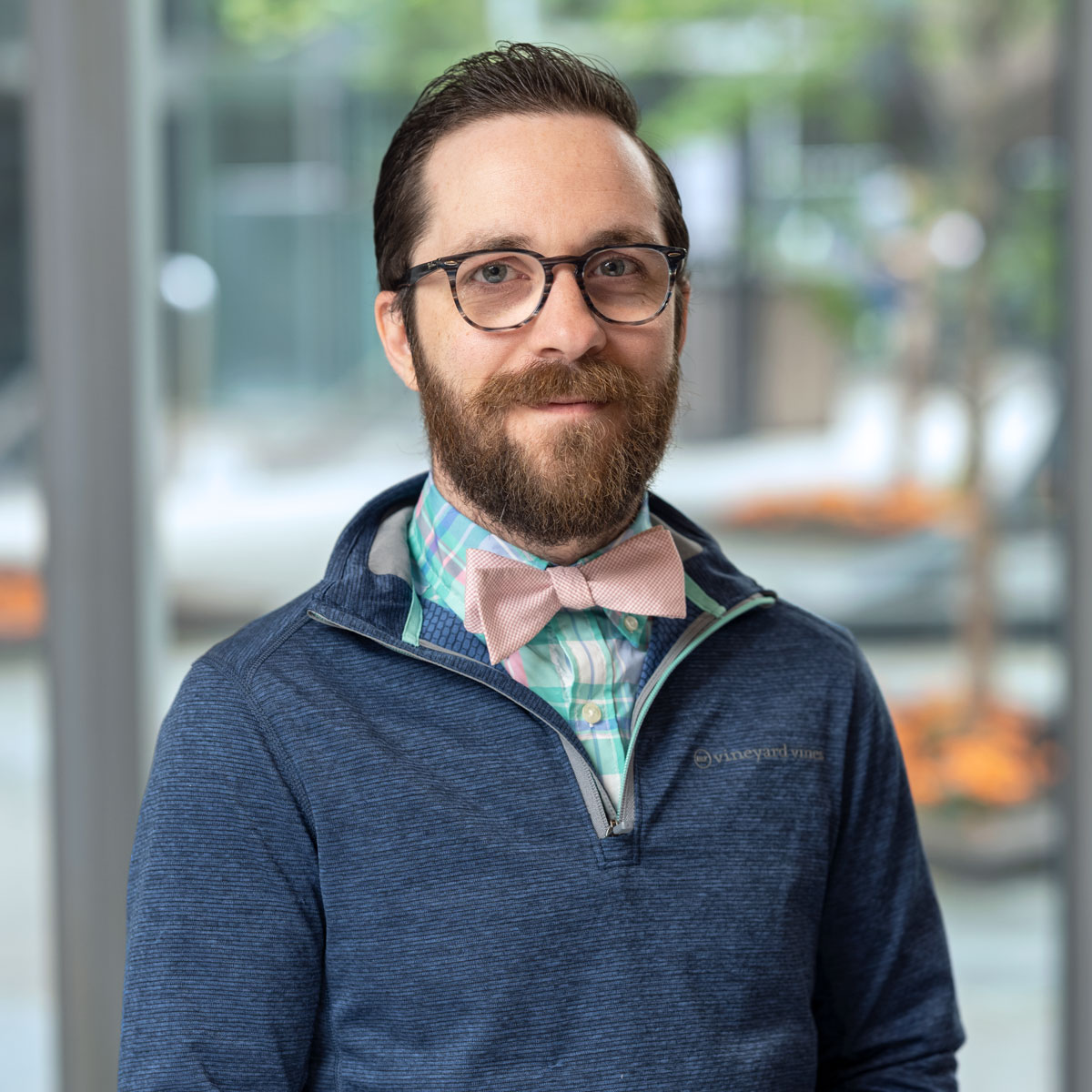
Dr. Perry is investigating how a key immune cell in the tumor microenvironment, the macrophage, contributes to cancer’s development and progression. His work focuses on triple-negative breast cancer, as it remains one of the deadliest cancers, especially to young women and Black women, with decades of treatment efforts failing to improve patient outcomes. Specifically, Dr. Perry aims to combine novel methods of manipulating and imaging the cellular metabolism to better understand how macrophages contribute nutrients to help cancer cells meet their nutrient demand and escape treatment. This work will not only provide a method for diagnostic biomarker identification but also establish a novel platform for developing individualized treatments. Importantly, his work has the potential of being broadly applicable to all difficult-to-treat metastatic adenocarcinomas.
Humsa S. Venkatesh, PhD
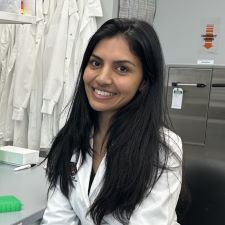
Brain cancers are one of the most common causes of cancer-related death and represent 120 molecularly distinct diseases. Despite advances in clarifying the genetic landscape of these cancers, they remain clinically intractable, underscoring the need to elucidate the complex factors contributing to their heterogeneity. As neuronal activity is known to govern the development of neural circuits and neuroplasticity, it is critical to consider these neural networks in the context of disease. Dr. Venkatesh will use classical and systems neuroscience approaches to determine how the nervous system contributes to brain cancer progression. A comprehensive understanding of malignant neural network interactions may lead to novel therapeutic interventions aimed at normalizing the tumor microenvironment.
Daniel J. Puleston, PhD
The exploration of human tumors in their native environment is challenging, precluding a deeper understanding of how cancer and important therapeutics work. Dr. Puleston [Bakewell Foundation Innovator] is developing new ways to investigate human cancer by keeping tumor-bearing organs alive outside of the body, allowing for the experimental study of tumors within human tissues. Employing this approach to study hepatocellular carcinoma (HCC), one of the most lethal forms of liver cancer, Dr. Puleston will expose HCC-laden livers to immunotherapy drugs and metabolic tracers to reveal the metabolic landscape of HCC cancers and how tumor metabolism is shaped following drug treatment. Through the study of tumors and anti-cancer agents in situ, Dr. Puleston hopes to elucidate new pathways with therapeutic potential and novel strategies to optimize existing therapeutics.
Nora Kory, PhD
Cancer cells rely on efficient uptake, conversion, and exchange of nutrients and vitamins to support their rapid growth and survival. The molecular transport channels that allow passage of nutrients between the different cellular compartments are critical for the survival of cancer cells and are thus promising as potential drug targets. However, drug discovery efforts are hampered by a lack of basic understanding of these channels' identities, functions, and regulation inside cancer cells. Dr. Kory's research aims to identify transporters central to cancer cell nutrient supply and detoxification pathways and determine their role in the emergence, survival, and aggressiveness of cancer. Her research is relevant to all cancers, but particularly pediatric, blood, and breast cancers.
Jamie B. Spangler, PhD
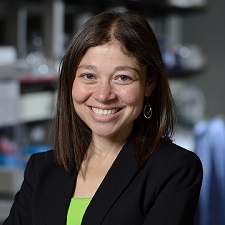
Groundbreaking advances in immunotherapy have revolutionized the treatment of cancer. In particular, new antibody drugs that block immunosuppressive pathways have achieved remarkable success in reawakening the immune system to clear tumor cells, leading to lasting cures in patients whose cancers do not respond to any other therapies. Unfortunately, the majority of patients (>70%) do not respond to immunotherapy treatment. It is difficult to predict which patients will benefit, creating an urgent demand for novel immunotherapy drugs that act through alternative mechanisms. Dr. Spangler is working to develop a class of antibody therapeutics that target cancer-promoting pathways in a different way than all current immunotherapies, with the goal of drastically expanding the percentage of cancer patients who benefit from them.
Srinivas R. Viswanathan, MD, PhD
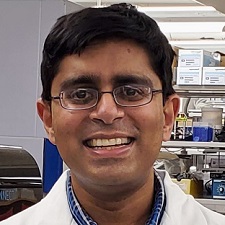
Epidemiologic studies have revealed that many cancer types display differences in incidence or outcomes between the sexes. In most cases, these differences are only partially explained by non-genetic factors such as hormonal differences, carcinogen exposure, lifestyle, and access to health care. Our understanding of how genetic factors contribute to differences in cancer incidence between the sexes remains incomplete. A fundamental genetic difference between the sexes is in chromosome composition. Relative to male somatic cells, female somatic cells have an extra X chromosome. Most genes on the second copy of chromosome X in females are inactivated via a process known as X-chromosome inactivation, which approximately equalizes the dosage of X-linked genes between males and females. Dr. Viswanathan's project tests the hypothesis that genetic alterations to the X chromosome in cancer may perturb this carefully regulated process and thereby contribute to differences in cancer incidence or pathogenic mechanisms between males and females.
